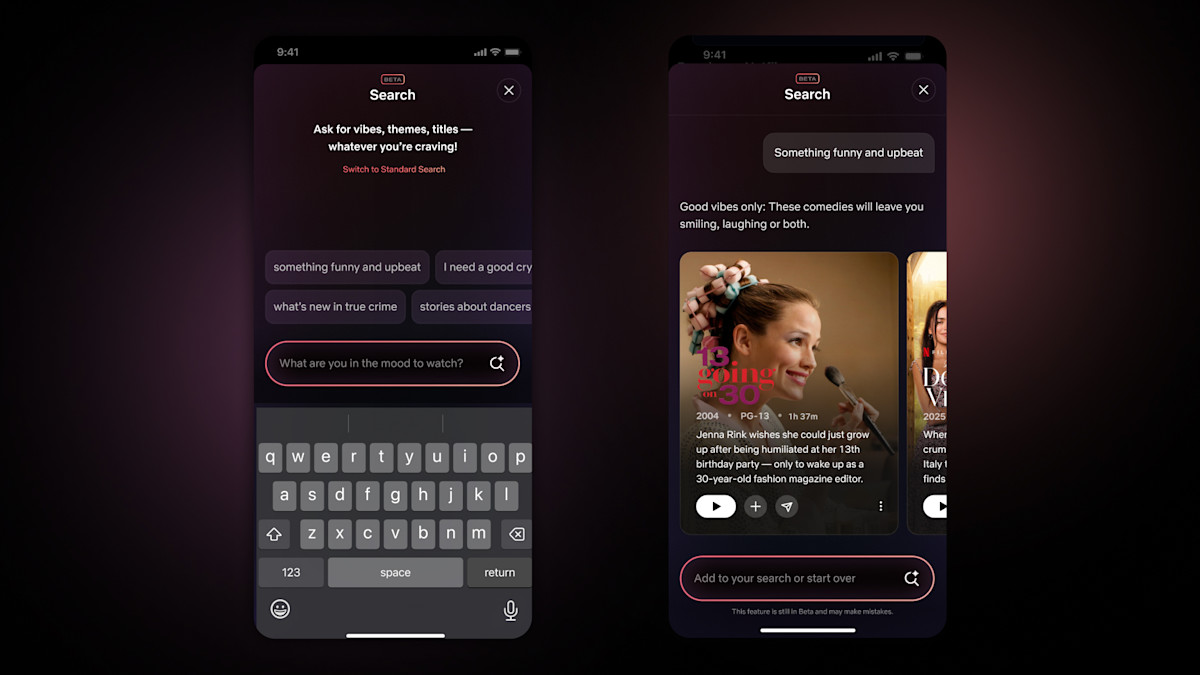FCC's McDowell Reveals Expected Spectrum Auction Gain
I'm amazed to see how people think the spectrum auction authority granted by the "Middle Class Tax Relief and Job Creation Act of 2012" means that 120 MHz of the UHF TV spectrum would be taken away from broadcasters and given to wireless broadband operators. That is incorrect.
As I pointed out last week, the amount of spectrum the FCC will get from auctioning the broadcast spectrum depends on how many broadcasters decide to give up their spectrum, how efficiently the remaining stations can be "repacked" without moving UHF operations to VHF, and also making sure that reasonable efforts are taken to maintain coverage and population served.
The amount of spectrum gained is likely to be far less than 120 MHz, and some at the FCC recognize that.
FCC Commissioner Robert M. McDowell, in a presentation as prepared for delivery to the GSMA Mobile World Congress 2012 in Barcelona stated, "Recognizing the need for spectrum to flow toward its highest and best use, just over a week ago the U.S. Congress passed legislation that some estimate could place up to an additional 80 Megahertz of prime television broadcast spectrum into American consumers' hands."
Most of his remarks concerned the freedom the FCC should give the auction winners to use their new spectrum to avoid the problems that plagued the last 700 MHz auction, which failed to find any bidder for the "Block D" shared spectrum. He did not discuss giving additional freedom to broadcasters to use their spectrum differently, although that is provided for in the Act. Thirteen television channels (Channels 39-51) could provide 78 MHz of spectrum.
I doubt that the FCC will obtain even 78 MHz of spectrum in the reverse auctions and repacking, except in areas outside the major markets where spectrum isn't a problem. (The FCC is holding a reverse auction to pay wireless carriers to build out existing spectrum in some rural areas.)
It's encouraging to see that at least one FCC Commissioner has been able to look past the flawed spectrum analysis supporting the National Broadband Plan recommendation to take 120 MHz from broadcast television.
Get the TV Tech Newsletter
The professional video industry's #1 source for news, trends and product and tech information. Sign up below.

Doug Lung is one of America's foremost authorities on broadcast RF technology. As vice president of Broadcast Technology for NBCUniversal Local, H. Douglas Lung leads NBC and Telemundo-owned stations’ RF and transmission affairs, including microwave, radars, satellite uplinks, and FCC technical filings. Beginning his career in 1976 at KSCI in Los Angeles, Lung has nearly 50 years of experience in broadcast television engineering. Beginning in 1985, he led the engineering department for what was to become the Telemundo network and station group, assisting in the design, construction and installation of the company’s broadcast and cable facilities. Other projects include work on the launch of Hawaii’s first UHF TV station, the rollout and testing of the ATSC mobile-handheld standard, and software development related to the incentive auction TV spectrum repack. A longtime columnist for TV Technology, Doug is also a regular contributor to IEEE Broadcast Technology. He is the recipient of the 2023 NAB Television Engineering Award. He also received a Tech Leadership Award from TV Tech publisher Future plc in 2021 and is a member of the IEEE Broadcast Technology Society and the Society of Broadcast Engineers.
